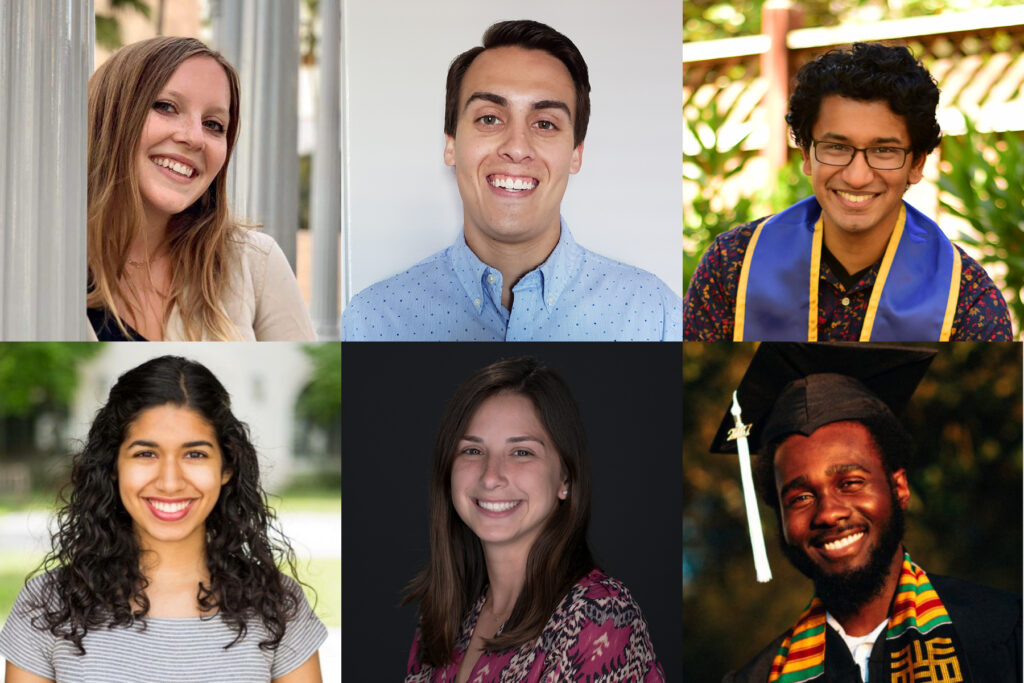Fall 2020 presented novel challenges for the law school’s Richard and Ginni Mithoff Pro Bono Program, which has developed a rich array of in-house pro bono projects that provide opportunities for students to assist community members with a range of legal problems. After the pandemic moved all pro bono activities online in March 2020, program staff worked hard to make the virtual platforms available to community members while providing students with meaningful volunteer opportunities. But coming into the fall 2020 semester, staff were concerned about first-year students, who would be entirely new to the program. Would 1Ls volunteer for virtual projects? Would they find online pro bono meaningful?
To answer those questions, the Mithoff Program asked 1Ls about their fall semester pro bono experiences with the INCLUDE disability law project, which advances the rights of persons with disabilities through the involvement of law students in the disability rights movement and is directed by Professor Lucy Wood. Below Kate Gibson, Marcus Harding, Adarsh Parthasarathy, Sophia Shams, Leah Weintrub, and Neal Whetstone share their thoughts about their involvement in two INCLUDE projects:
SPEAK (Support Parents’ Education, Advocacy, and Knowledge), which includes special education workshops and direct assistance for parents in school hearings, and
PAD (Psychiatric Advanced Directive) clinics, which help community members draft advance directives for the treatment of mental illness by third parties, including medical and law enforcement personnel.
“Fall 2020 was challenging semester for everyone, but despite the obstacles the Mithoff Program successfully completed 35 pro bono clinics and projects. Over 240 students volunteered at least once. I am grateful to the Mithoff Program staff, the Mithoff Pro Bono Scholars, and all the students who volunteered. I’d also like to especially thank Kate, Marcus, Adarsh, Sophia, Leah and Neal for sharing their experiences with us,” said Mithoff Program Director Andrea Marsh. “Working in teams to help hundreds of people solve legal problems and improve their lives helped these students, and many more, connect meaningfully with each other and with the larger community.”
Meet the 1Ls
Kate Gibson
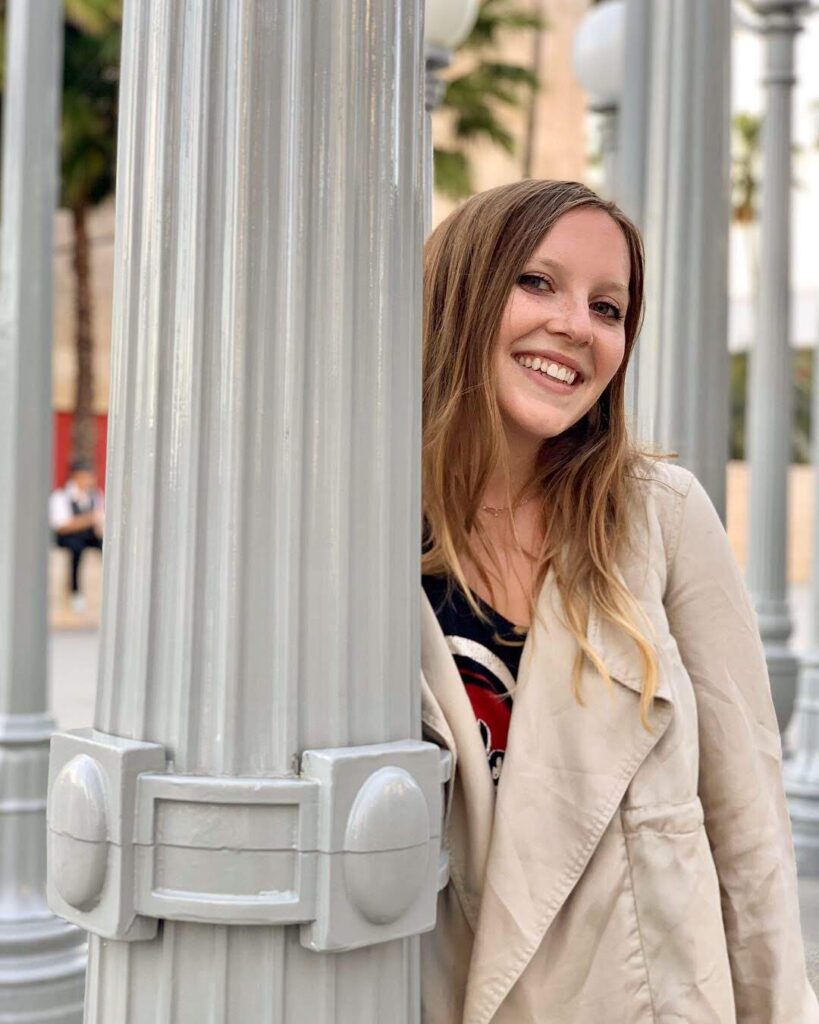
Kate volunteered for SPEAK special education workshops. She also helped community members complete DACA renewal applications and draft petitions to expunge criminal records and assisted transgender individuals update their legal names and/or gender markers on basic forms of identification. In addition, she volunteered outside the law school with Casa Marianella and Jane’s Due Process.
Why did you participate in pro bono projects? I want to go into public interest law and I had heard volunteering was one of the best ways as a 1L to get hands-on experience and to learn things about public interest law practice, such as what it’s like to meet directly with clients.
Describe a project and your involvement. What surprised you about it? What did you get out of it? What impact do you think you had? I wanted to get involved with SPEAK because I was a teacher before law school. I loved getting to work with parents, court appointed special advocates, and even directly with a student in one case. I learned things about special education law that I hadn’t been aware of as a teacher that I would have found really helpful. Because I had been in special education meetings before as a teacher, I was able to personalize the knowledge I shared with parents. The parents I spoke with said they found the workshops extremely helpful! I hope they were able to walk away feeling empowered to advocate for their families.
What would you like others to know about your pro bono experience last fall? I absolutely loved doing pro bono and recommend every student to do as much as possible. With virtual classes and campus mostly closed due to the pandemic, pro bono helped me feel like a part of the Texas Law community. I got to virtually meet other students, professors, and volunteer attorneys who are all so great.
Marcus Harding
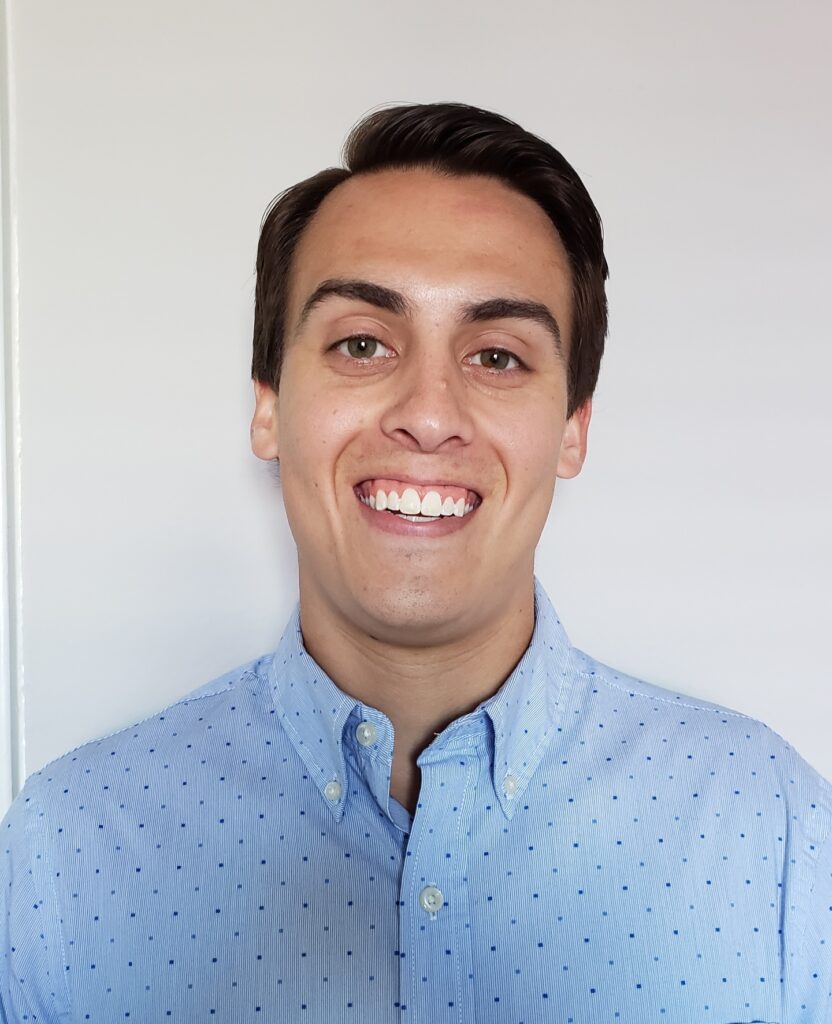 Marcus volunteered for SPEAK, helping with special education casework.
Marcus volunteered for SPEAK, helping with special education casework.
Why did you participate in pro bono projects? I studied finance in college and did not work in the legal field before law school. I wanted to gain real world experience. This was very important for me, both to build my resume and to gain confidence in my ability to be a great lawyer.
Describe a project and your involvement. What surprised you about it? What did you get out of it? What impact do you think you had? I worked with a parent to help her gain appropriate special education services for her child. So far, I have gained experience reviewing documents and organizing/managing a case folder. Additionally, I have conducted meetings with the parent and fully participated in meetings with the school and the school’s attorney.
I was surprised by the difficulty managing expectations and priorities of so many people all at once. It takes a lot of work to make sure your group has one unified voice. It’s interesting and confusing when the other group does not.
The most important thing I have gained through pro bono is reassurance and confidence in my decision to become a lawyer. Fall semester has been hard for me academically. I majored in finance and law school was different than anything I had ever done. Doing pro bono reminded me why I wanted to become a lawyer and why this profession is the perfect fit for me. I love helping people solve their problems. As a lawyer that is what you do. No matter where you work or what area of law you work in, your responsibility is to help people.
Although I don’t believe I can give as much as I have gained, I know I have made an impact. It is amazing to hear from a parent that you have made a difference in their life. Knowing that you are helping parents at the beginning of their involvement with special education services means so much. You are giving them the help and skills they need to advocate for their child’s academic future.
What would you like others to know about your pro bono experience last fall? Pro bono has helped remind me why I went to law school. Working in projects your first semester can obviously be a lot combined with the many other things you have to do, but if you are losing sight of the bigger picture or doubting yourself, consider pro bono as a way to show you why you’re here.
Adarsh Parthasarathy
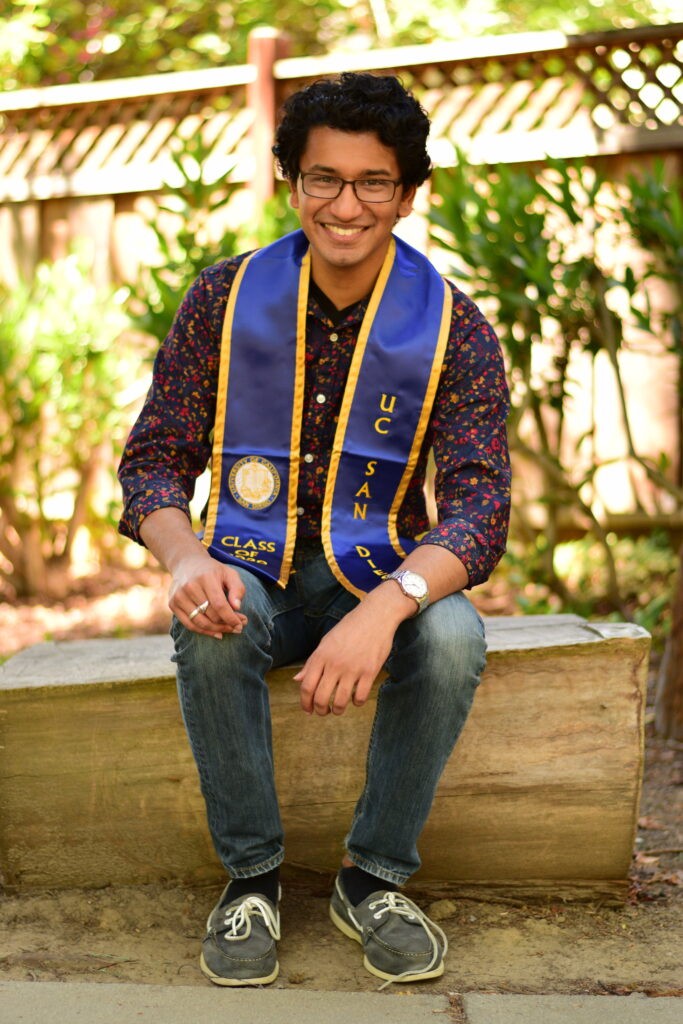 Adarsh volunteered for SPEAK, helping with special education casework. He also volunteered for the Parole, Texas Art Law, Supported Decision Making, Medicaid, Psychiatric Advanced Directives, and Gender Affirmation projects. In addition, he is a lead student counselor with the Expunction Project, which will continue into the spring semester.
Adarsh volunteered for SPEAK, helping with special education casework. He also volunteered for the Parole, Texas Art Law, Supported Decision Making, Medicaid, Psychiatric Advanced Directives, and Gender Affirmation projects. In addition, he is a lead student counselor with the Expunction Project, which will continue into the spring semester.
Why did you participate in pro bono projects? First, pro bono is the most valuable professional experience that a 1L can get at the law school. Nothing else allows you to interact with real clients. Each of the programs gives students an incredible and refreshing amount of responsibility! It didn’t hit me how important this was until later in the semester when I realized I was no longer nervous going into a Zoom room and talking to someone I had never met before about issues that are fundamentally personal. That’s empowering, and it’s also important for everything from interviews to internships to the actual experience of being a lawyer.
Second, when I wrote thank you letters to the donors who funded my law school scholarships, I committed to giving one pro bono hour for every $100 in scholarship money that I received. I paid my way through undergrad. The fact that the law school saw me as worthy enough to be partially subsidized is a big deal for me. Pro bono, in that sense, is a way for me to internally acknowledge my privilege and to externally try to pay some of it forward during my time here. Even after just one semester, though, I already know that it’s a life-long calling.
Describe a project and your involvement. What surprised you about it? What did you get out of it? What impact do you think you had? Participating in SPEAK was a way for me to connect my passion for education with what I’m studying in law school. My first pro bono experience very quickly cleared up a major misconception that I held: Pro bono isn’t really about saving people. It’s about empowering them to stand on their own. The parents of the special-needs children are superstars, but they’re worn down by a system that mercilessly pushes back against them. Parents seek out the SPEAK project because they’re exhausted and need to lean on others who have the knowledge to support them.
What would you like others to know about your pro bono experience last fall? It was very difficult to start law school during the pandemic. I think the reason why I was able to stick it out and remain in good spirits is because I was doing pro bono. Pro bono will remind you why you came to law school in the first place. During those late nights when you’re neck deep in the rule against perpetuities and products liability, you can think back to the people that you’ve helped and say, “They’re why I’m happy to be here.” I don’t think there’s a better use of one’s free time than that.
Sophia Shams
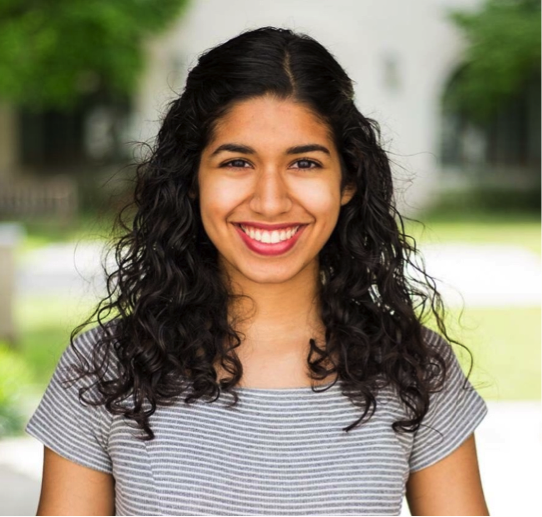 Sophia participated in SPEAK, helping with special education casework.
Sophia participated in SPEAK, helping with special education casework.
Why did you participate in pro bono projects? I heard that pro bono was a great experience and great opportunity get a real world look into the legal field. As someone who came here straight from undergrad and is a first generation law student, I don’t know much about the legal field. I wanted to get any and all experience I could.
Describe a project and your involvement. What surprised you about it? What did you get out of it? What impact do you think you had? I helped a mother whose child had not been receiving appropriate educational services, especially once COVID hit. I prepared a summary of the case and later worked on a presentation and participated in mediation. It was really interesting to learn more about special education and the lives of these children with disabilities as well as how their families deal with it. The case reinforced how much of an effect COVID has had.
Participating in the mediation gave me so much more confidence in myself. It really hit me that I am going to be a lawyer someday. Sitting in the mediation, working with someone who is struggling and relying on me, brought home how important this career is and the impact I can have. And being able to work with the mom and see the impact we were having in her life made me feel like all the time and money I’m spending in law school is truly worth it. I’m going to be able to help so many people and make them feel like they were represented and heard.
What would you like others to know about your pro bono experience last fall? Just do it! Everyone should do pro bono. Pro bono is perfect because you get to help people who really need it and you get valuable experience. It will only make you a better lawyer.
Leah Weintrub
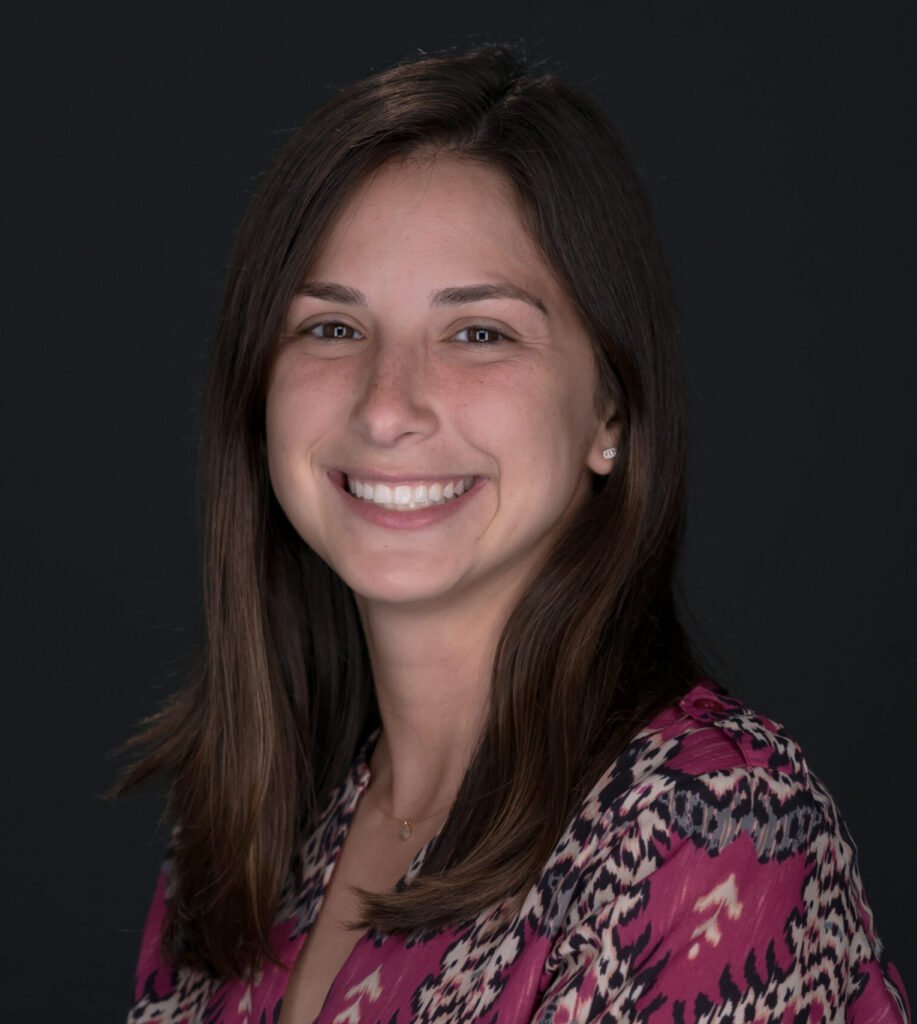
Leah volunteered for Psychiatric Advance Directive (PAD) clinics. She also helped community members expunge their criminal records and complete DACA applications.
Why did you participate in pro bono projects? This is the kind of volunteer work that I dreamed about doing in law school before I was actually in law school. I love to serve others and to serve my community. Actually being able to sign up to do pro bono work within the first few weeks of law school kind of blew my mind. Pro Bono work has proven to be a swift and immediate way to feel like I have done a little bit of good for people who have limited access to legal services.
Describe a project and your involvement. What surprised you about it? What did you get out of it? What impact do you think you had? The very first pro bono project I did was a PAD clinic. At first, I was extremely nervous and out of my comfort zone. Having a partner made it much less nerve wracking. And the lawyer helping us was extremely approachable, understanding, and had very normal expectations for us.
The most surprising part of the project was how emotional it made me feel. I’ve always had this idea that being a lawyer was a way to help people, but I hadn’t really seen that in action. My first PAD client was extremely appreciative. I found it extremely overwhelming to hear their story and to realize that spending two hours completing the PAD could end up being critically helpful to the client.
The fact that the client was so grateful made me realize how important the work was. This experience was right at the point in the semester when school was picking up and my personal life was falling apart. It was the exact right thing to remind me exactly what I was seeking by coming to law school – to make people’s lives easier and remove impediments, frustrations, and pain in moments of extreme struggle.
What would you like others to know about your pro bono experience last fall? Pro Bono has taught me the most tangible lawyering skills in law school so far. Learning to be a lawyer is so much more than just reading cases or studying legal theory. It’s understanding the right way to speak to clients at certain moments, learning what to emphasize, and realizing how much empathy is required in this profession. It makes things much more real than just reading a case. Pro bono puts a real person who has a real problem in front of you and makes you realize how important it is that you have the skills to help them.
Neal Whetstone
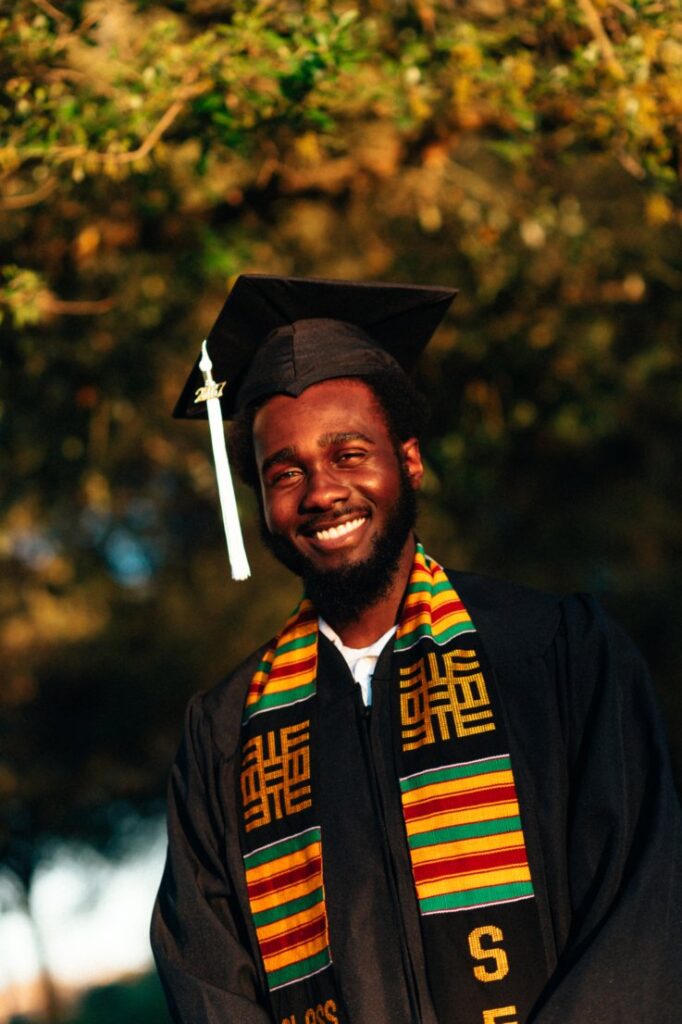 Neal volunteered for SPEAK, helping with special education casework.
Neal volunteered for SPEAK, helping with special education casework.
Why did you participate in pro bono projects? One of the main reasons why I came to law school was to help other people, especially those at the margins of our society.
Describe a project and your involvement. What surprised you about it? What did you get out of it? What impact do you think you had? I had a formative learning experience working with Professor Wood. We were able to hold a school district accountable and advocate on behalf of a parent to provide a better education plan for her child who has been affected by an intellectual disability and the COVID-19 pandemic. One thing that surprised me during the project was how difficult it can be for parents and children with disabilities to get the public education that they deserve. The State of Texas needs to do a better job across the board educating and supporting children with intellectual disabilities and treating them and their families with patience and respect.
What would you like others to know about your pro bono experience last fall? I really enjoyed collaborating with my SPEAK colleagues Morgan Siegel and Emily O’Neal and working with Professor Wood. We made a great team. Professor Wood empowered us to take initiative in serving our client and developing a plan for advocacy. I feel very fortunate to have had the opportunity to get to help someone out my first semester of law school. I hope to help move the ball forward for our client and her child next semester.


